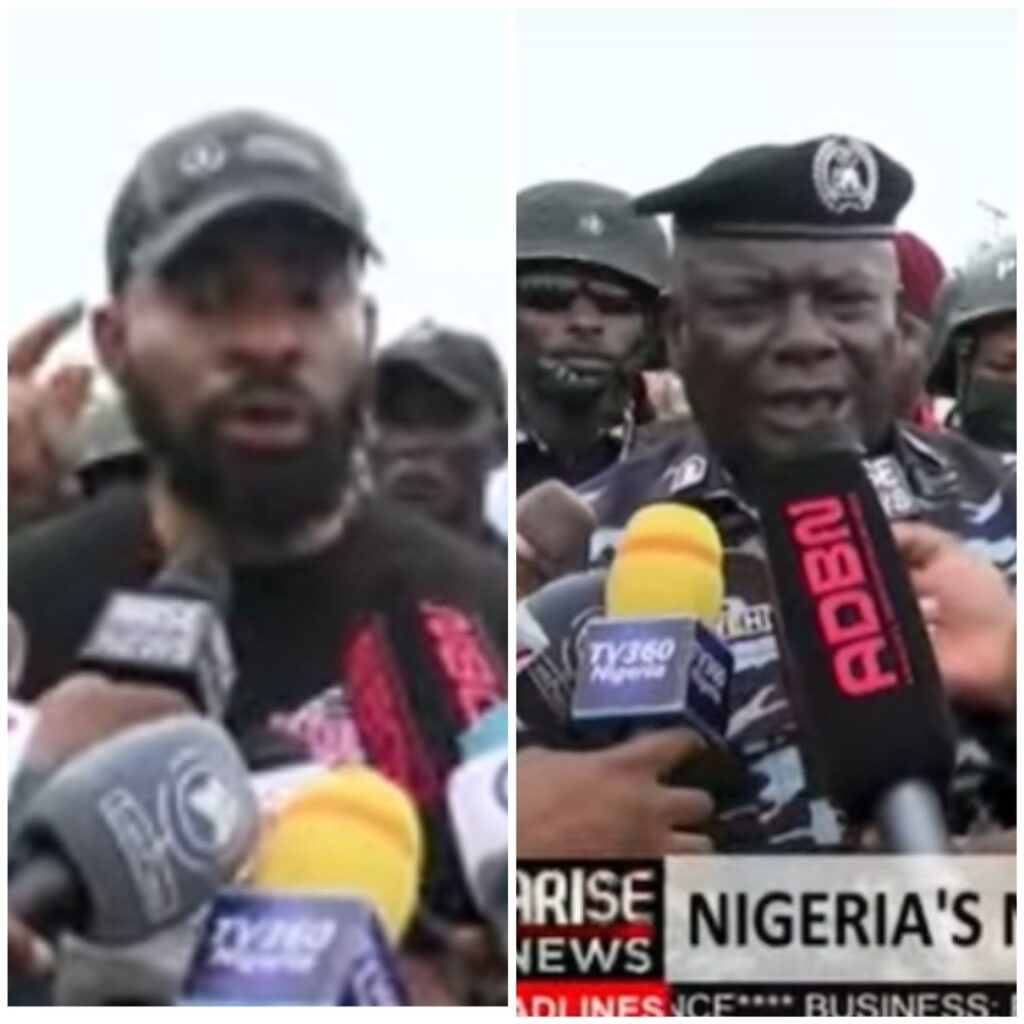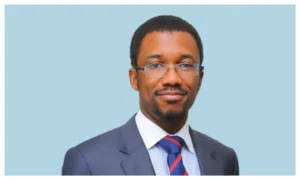A heated debate has emerged between the FCT Police Commissioner and prominent lawyer Deji Adeyanju over a recent court order that restricts protests to the MKO Abiola Stadium. The order, which has sparked controversy, mandates that all public demonstrations must be held exclusively within the confines of the stadium, raising significant concerns and questions from both sides.
The Dispute:
The FCT Police Commissioner supports the court order, arguing that it is a necessary measure to maintain order and ensure public safety during protests. According to the commissioner, directing all protests to a specific location helps manage crowds effectively, prevents disruptions in other areas, and provides a controlled environment for both demonstrators and law enforcement.
On the other hand, lawyer Deji Adeyanju has expressed strong opposition to the court order. Adeyanju contends that such a restriction infringes on the fundamental right to free assembly and expression. He argues that limiting protest locations undermines the ability of citizens to voice their concerns in different parts of the city, which could be crucial for raising awareness about various issues.
The Arguments:
- Police Commissioner’s Perspective:
- Safety and Security: The commissioner emphasizes that having a centralized location for protests allows for better security measures and crowd management. This helps in preventing potential clashes and ensuring that demonstrations do not escalate into violent confrontations.
- Public Order: By confining protests to MKO Abiola Stadium, the police aim to minimize disruptions to daily life and public services in other parts of the city, which could be impacted by large gatherings.
- Deji Adeyanju’s Perspective:
- Freedom of Expression: Adeyanju argues that the order limits the democratic right to protest by restricting the venues where people can gather to express their views. He believes that the ability to protest in different locations is vital for effective civic engagement and advocacy.
- Accessibility: The lawyer also points out that MKO Abiola Stadium may not be accessible to everyone, potentially excluding some groups from participating in protests and undermining the inclusivity of the demonstrations.
The Broader Implications:
This disagreement highlights a broader debate about balancing public safety with individual rights. While the court order aims to streamline protest management and ensure safety, it also raises questions about the extent to which authorities can impose restrictions on public assembly.
As this issue continues to develop, both the police and legal experts like Deji Adeyanju will likely keep pushing their viewpoints, contributing to an ongoing discussion about the intersection of security and civil liberties in Nigeria.







